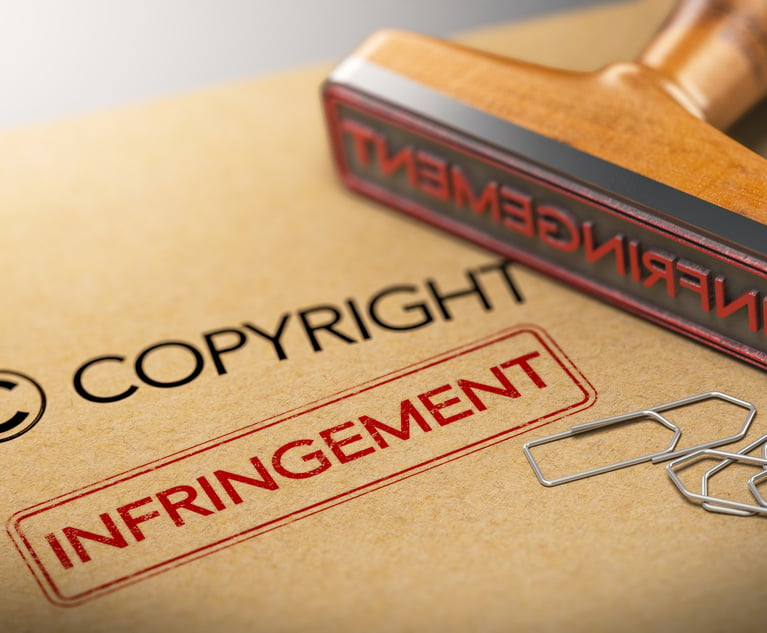New technologies, and the business models that accompany them, often create challenges for existing law, and nowhere is that friction more evident than where digital content bumps into the federal copyright law intended to regulate it. Much of current U.S. copyright law was drafted decades ago—before digital content creation and distribution tools were widely available to the public. Even the Digital Millennium Copyright Act (the DMCA), designed specifically to “update” U.S. copyright law for the Internet age, is now 20 years old.
So it isn’t surprising that the underlying “exclusive rights” protected by the copyright law—some of which have not changed much in over two centuries—are not always a good fit for content paradigms. For over 200 years, the Copyright Act has granted authors and owners the exclusive right to control reproduction of their works. But the scope of that right has shifted as the statute has been revised and the case law around it has developed. As the concept of “reproduction” changes, the law sometimes struggles to keep up.


 Stephen M. Kramarsky
Stephen M. Kramarsky




